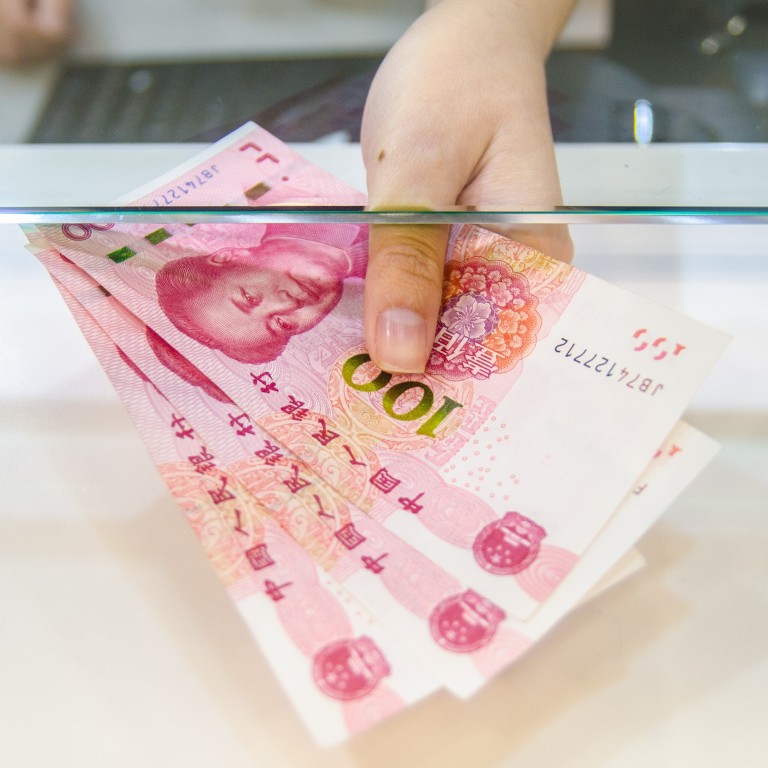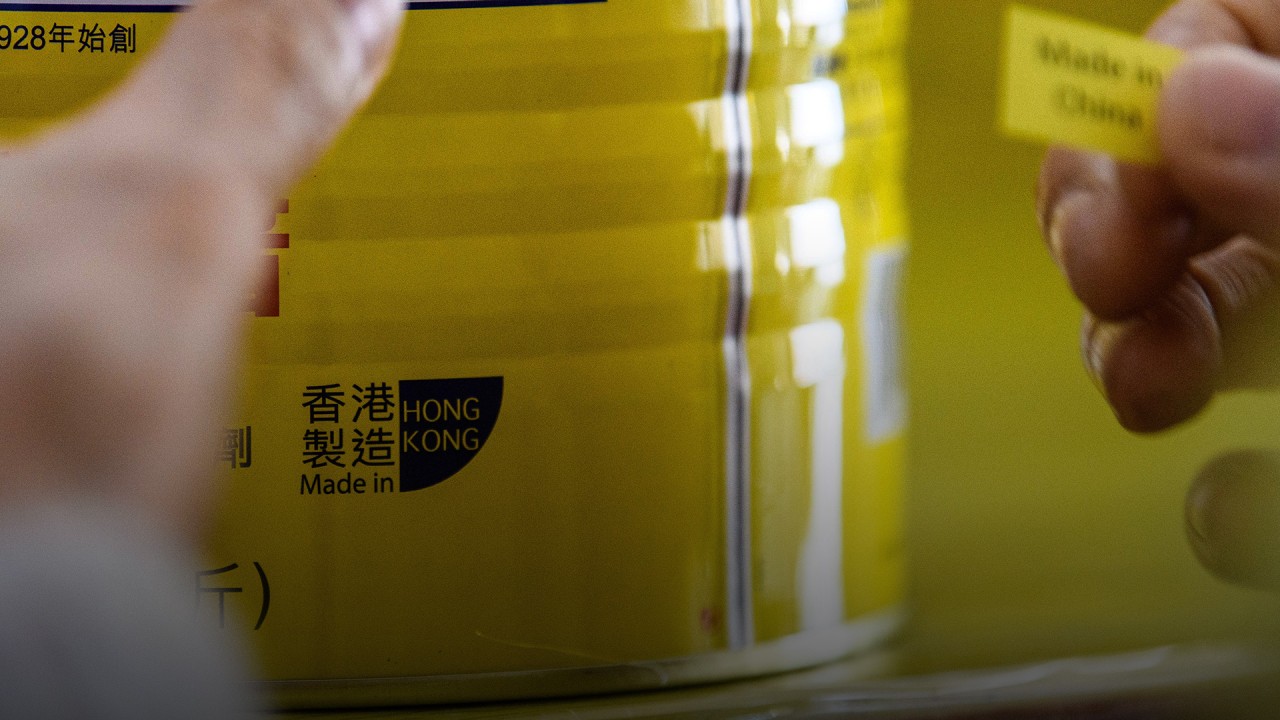
China steps up scrutiny of illegal foreign exchange flows as market opening accelerates
- China is accelerating efforts to generate capital inflows and internationalise the yuan by opening its capital markets
- Strong foreign capital inflows could help Beijing resist US decoupling, but may put downward pressure on the yuan
China is stepping up scrutiny of illegal foreign exchange flows amid concern they could cause destabilising swings in the yuan and domestic financial markets, analysts said.
The nation’s currency regulator, the State Administration of Foreign Exchange (SAFE), announced last week it would strengthen supervision and standardising procedures, as well as punish firms and individuals for illegal foreign exchange acts that threatened state or commercial secrets and personal privacy.
In addition, lower-level foreign exchange bureaus are urged to report large cases to more senior departments.
Amid tense US-China relations, Beijing will intensify efforts to internationalise the yuan and open up capital markets in a multipolar world
Two-and-a-half years after global index provider Bloomberg Barclays announced yuan-denominated government bonds would be included in its Global Aggregate Index, FTSE Russell on Thursday said Chinese bonds would be added to its World Government Bond Index in October 2021.
Beijing also announced on Thursday it would grant fresh quotas under its outbound Qualified Domestic Institutional Investor (QDII) scheme, allowing domestic investors, including banks, security companies, asset management firms, insurance companies and trust companies to invest in offshore securities.
SAFE stopped issuing QDII quotas in April 2019 due to concerns over capital outflows and depreciation pressure on the yuan’s exchange rate.
“Amid tense US-China relations, Beijing will intensify efforts to internationalise the yuan and open up capital markets in a multipolar world,” said Robin Xing Ziqiang, chief China economist at Morgan Stanley, adding he expected China’s capital markets to attract up to US$3 trillion in portfolio inflows over the next decade.
Strong foreign capital inflows could help Beijing resist Washington’s efforts to decouple from China, but by opening the capital account wider – that is, reducing restrictions to let more funds flow into and out of the country – it might mean relinquishing control over the yuan’s exchange rate, analysts said.
“It’s somewhat of a Catch-22 for policymakers, they have to choose the lesser of two evils,” said Alexander Wolf, head of investment strategy for Asia at JPMorgan Private Bank. “The more you open up the capital account and the more you allow for capital flows, we could see some of that pressure come into play.”
“China does not have a fixed peg, rather it follows a managed float, which reduces any pent-up pressure that could lead to outsize moves,” said Jim Leitner, president of Falcon Management.
Opening up the capital account likely entails depreciation pressure and outflows
The Chinese yuan has been one of the best performing currencies in 2020. Its appreciation should continue in the short term due to a weaker US dollar and China’s export strength after the speedy reopening of factories following the coronavirus, Wolf said.
But the sheer amount of money in China could result in funds leaking out of the country as it undergoes a long-term shift to a more liberalised economy, putting downward pressure on the yuan’s value, he added.
Over the past 10 years, China’s money supply has risen close to 900 per cent of gross domestic product compared to 250 per cent in the United States.
“When the capital account is closed, it really does not matter as much,” Wolf said. “But opening up the capital account likely entails depreciation pressure and outflows.”

02:45
‘Made in Hong Kong’ sauce factory suffers as US-China tensions escalate
Indonesia provided an example of how higher levels of foreign ownership in domestic capital markets could be dangerous when sentiment changed. In March, the Indonesian rupiah plunged to its weakest level since 1998 after foreigners sold stocks and bonds over fears about the pandemic.
Analysts said the yuan faces long-term devaluation risks because of high levels of debt in China, poorly performing assets and its low returns on investment.
“Historical experience shows that credit expansion will increase corporate debt repayment pressure after three to six quarters and increase the risk of debt default,” China International Capital Corporation (CICC) said in a recent research note.
“Rising credit risk will increase the pressure on the central bank’s currency to relax, which in turn will increase the pressure for yuan depreciation. Therefore, it is not ruled out that after the [coronavirus] vaccine is launched, the spread between China and the United States will narrow and the [yuan] will depreciate in stages,” CICC said.
Additional reporting by Amanda Lee

